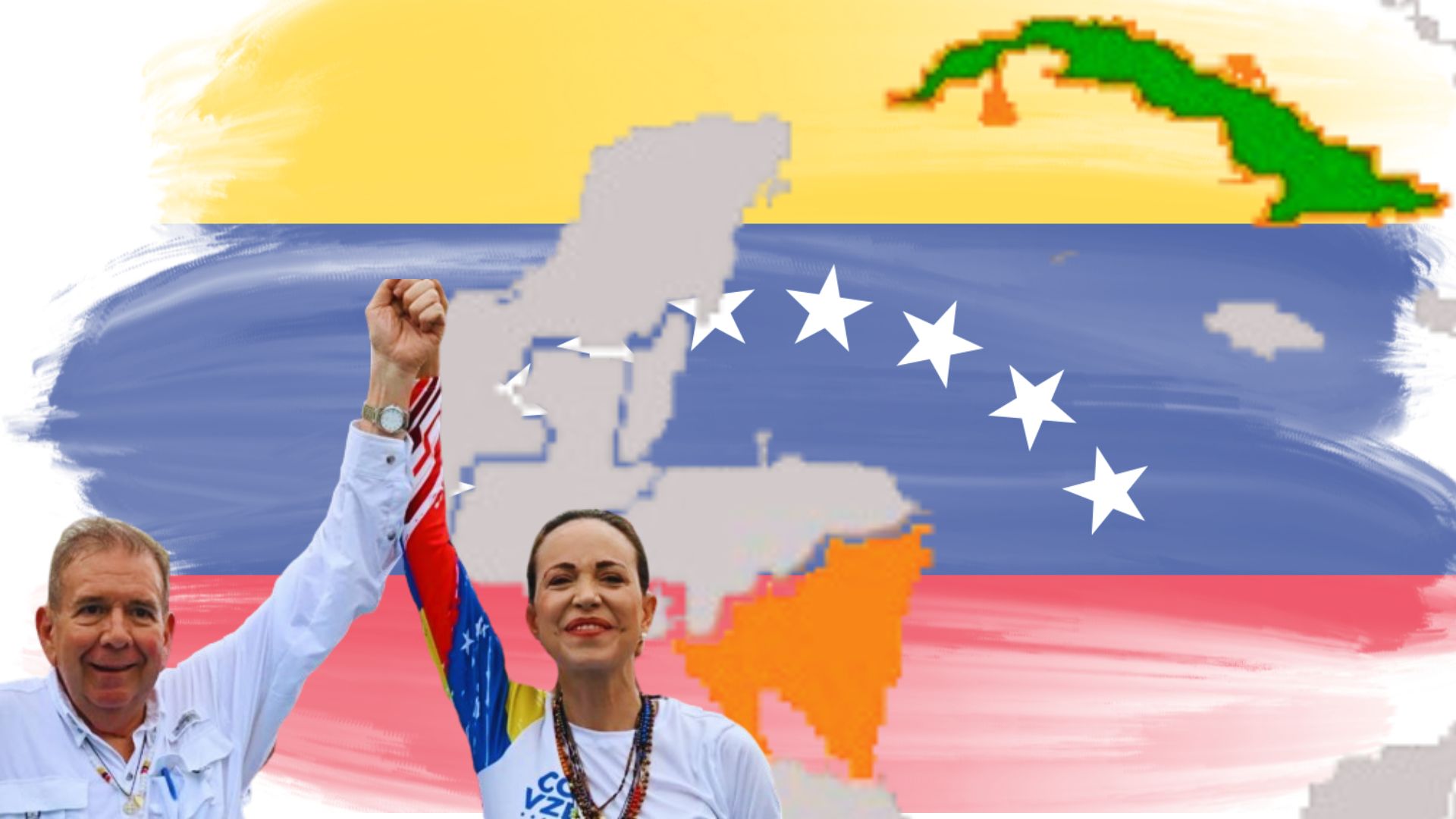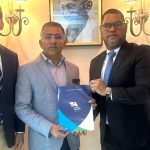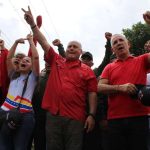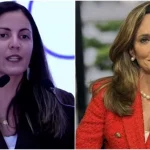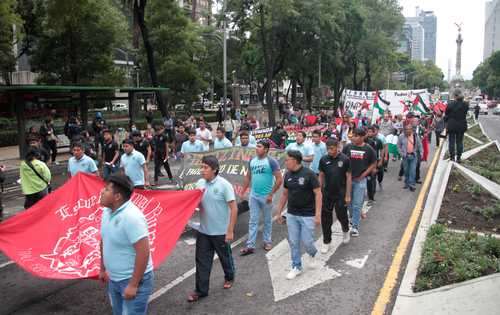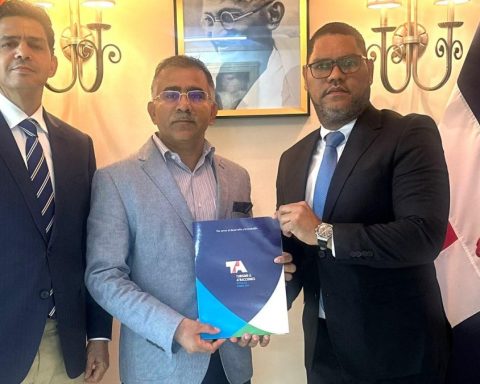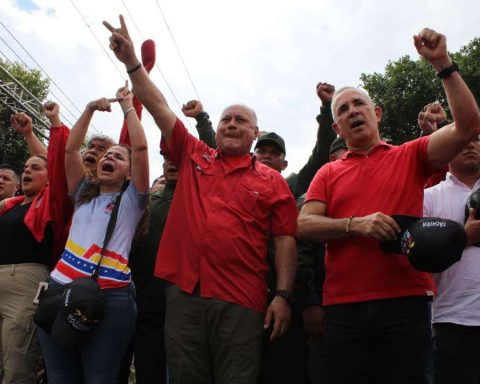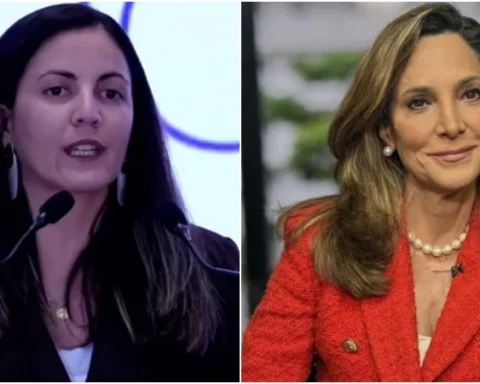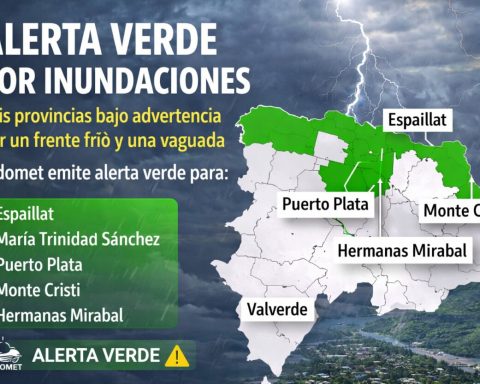Experts from civil society in Venezuela, Nicaragua and Cuba held the virtual forum “Challenging the darkness from Venezuelan, Nicaraguan and Cuban civil society” in which the role of these organizations in these countries living under dictatorship is assessed and how the elections in Venezuela, to be held on July 28, create hope for the Latin American region.
“The human rights movement in Venezuela is not large, but it has had a force that allows it to achieve many things. It has had to organize and train from outside. Venezuelan political parties have followers (Venezuelan exiles) all over the world and that is an advantage because they meet and work together to push complaints in the country,” says Rigoberto Lobo, from PROMEDEHUM.
Related news: Elections in Venezuela are a hope for the Latin American region, says civil society
On July 28, nearly 21 million of the 30 million Venezuelans who are registered as voters are called to cast their vote, although it is estimated that only 17 million who remain in Venezuela will be able to vote. According to analysts, Chavismo is betting on a low turnout, since its ceiling is 30% popularity and it will seek to win that, while the opposition needs the opposite: more votes to dilute the official force.
Nicaragua shares similarities with Venezuela. “In Nicaragua, due to the absence of political parties, civil society has had to take on the role of accusing the regime, which was previously the role of parties opposed to the government. The dictatorship, instead of seeing us as allies, does not see us as enemies because for them everything that “smells” of human rights goes against their interests,” says political activist Haydée Castillo.
The young Nicaraguan opposition leader José Alberto Montoya delivered a letter to representatives of the Semilla Movement of the Guatemalan government, requesting support to denounce and demand the release of political prisoners still held by the Daniel Ortega regime.
“We, the Nicaraguan youth, are writing to salute the democratic process that is taking place in our sister country of Guatemala, headed by the leadership of the Semilla Movement. We appreciate the solidarity shown to the victims of the repression of the Sandinista dictatorship of Daniel Ortega and Rosario Murillo,” the letter reads.
For the young opponents, the Government of Bernardo Arévalo has shown a coherent line of action regarding the demand for justice, peace and democracy in Latin America, so they hope to count on his support in the face of criticism against the repression of the Ortega-Murillo dictatorship and which, according to their criteria, affects the entire Central American region.
The international organization Reporters Without Borders (RSF) denounced the disappearance, two weeks ago, of Nicaraguan journalist Fabiola Tercero, amid a “wave of repression against the opposition press” in Nicaragua by the government of Daniel Ortega.

Tercero has been “on parade” since July 12, when “the police forcibly entered” his home in Managua, where they confiscated his computer and work materials, RSF said in a statement.
According to the NGO, Tercero, a communicator on virtual platforms and feminist groups, was subjected to “house arrest and the obligation to report daily to a police station.”
Related news: At least 263 journalists forced to leave Nicaragua since 2018, according to NGO
His disappearance comes “amid a new wave of repression against the Nicaraguan press,” RSF said, urging authorities “to put an end to the persecution of journalists” and “unbridled censorship.”
According to RSF, which cites sources “on the ground,” the Ortega government “has stepped up repression against the few independent journalists who remain in the country.”
